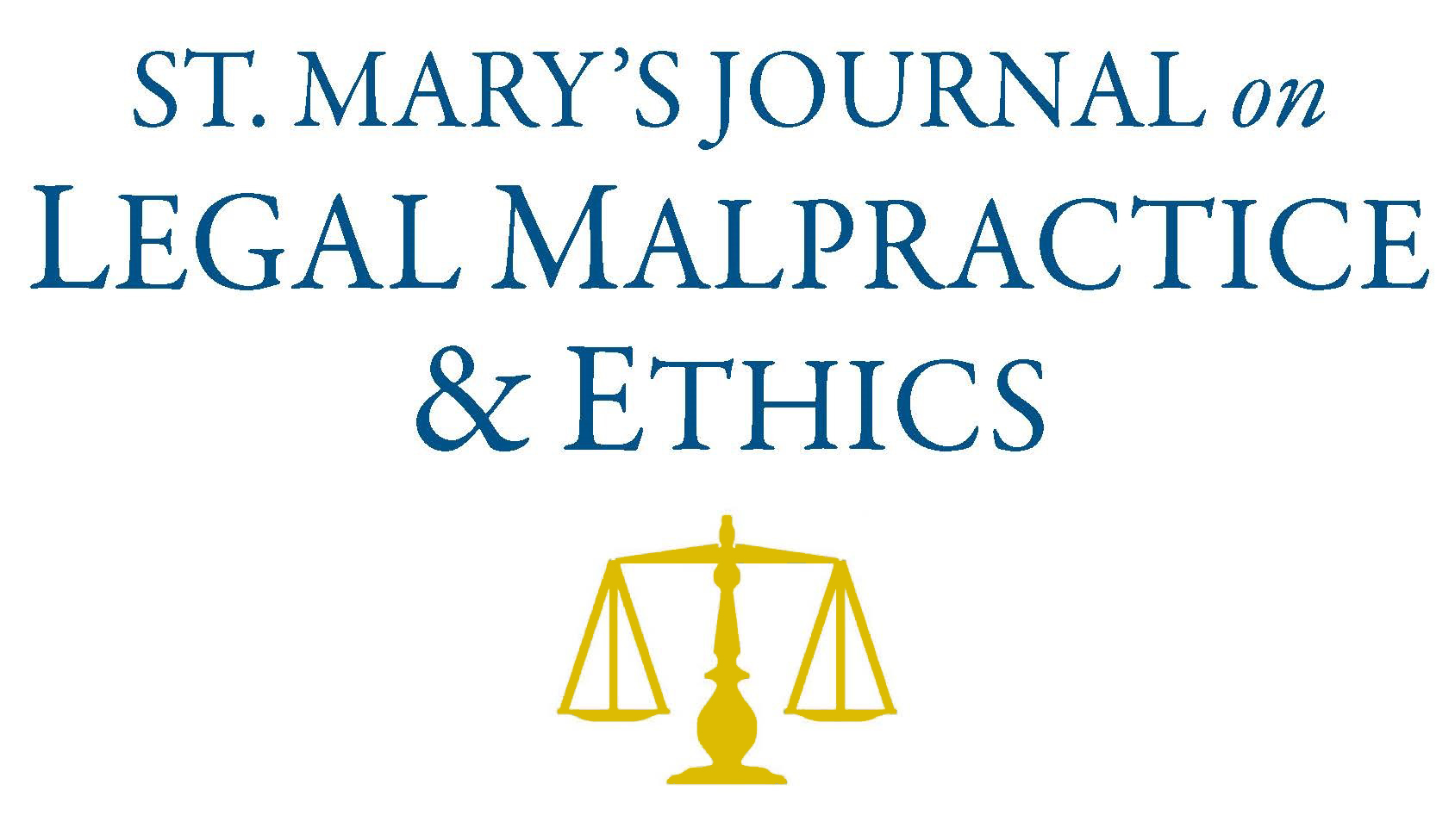
First Page
244
Date Created
5-1-2016
Publisher
St. Mary's University School of Law
Last Page
269
Abstract
Historically, states did not place restrictions on advertising by professionals; it was not until the beginning of the twentieth century that jurisdictions began to enact prohibitions on marketing of professional services. Eventually, the U.S. Supreme Court recognized the right of professionals to advertise their services and has continued to define the right in the decades since. While lawyers have long advertised in traditional media, such as billboards and television, thanks to the exploding popularity of social media websites like Facebook and Twitter, the available platforms lawyers may use to market their services will continue to multiply.
New and creative approaches to marketing one’s services have resulted in equally creative state measures to corral such marketing practices. Despite attempts to address the ethical implications of advertising in a constantly evolving digital media age, the ABA and state bar associations have failed to keep up. The focus of this Article is to review the evolution of marketing techniques utilized in the legal arena and report on disciplinary actions stemming from advertising practices found to be unethical and in violation of state rules of professional conduct. By examining cases where attorneys’ marketing practices have been misleading or have resulted in the inadvertent creation of attorney–client relationships, this Article demonstrates the need for further guidance regarding online marketing of legal services.
Recommended Citation
Tanya M. Marcum & Elizabeth A. Campbell,
Legal Marketing Through the Decades: Pitfalls of Current Marketing Trends,
6
St. Mary's J. on Legal Malpractice & Ethics
244
(2016).
Available at:
https://commons.stmarytx.edu/lmej/vol6/iss2/3
Included in
Legal Ethics and Professional Responsibility Commons, Legal History Commons, Legal Profession Commons, Legal Remedies Commons, Marketing Commons, Marketing Law Commons, State and Local Government Law Commons

